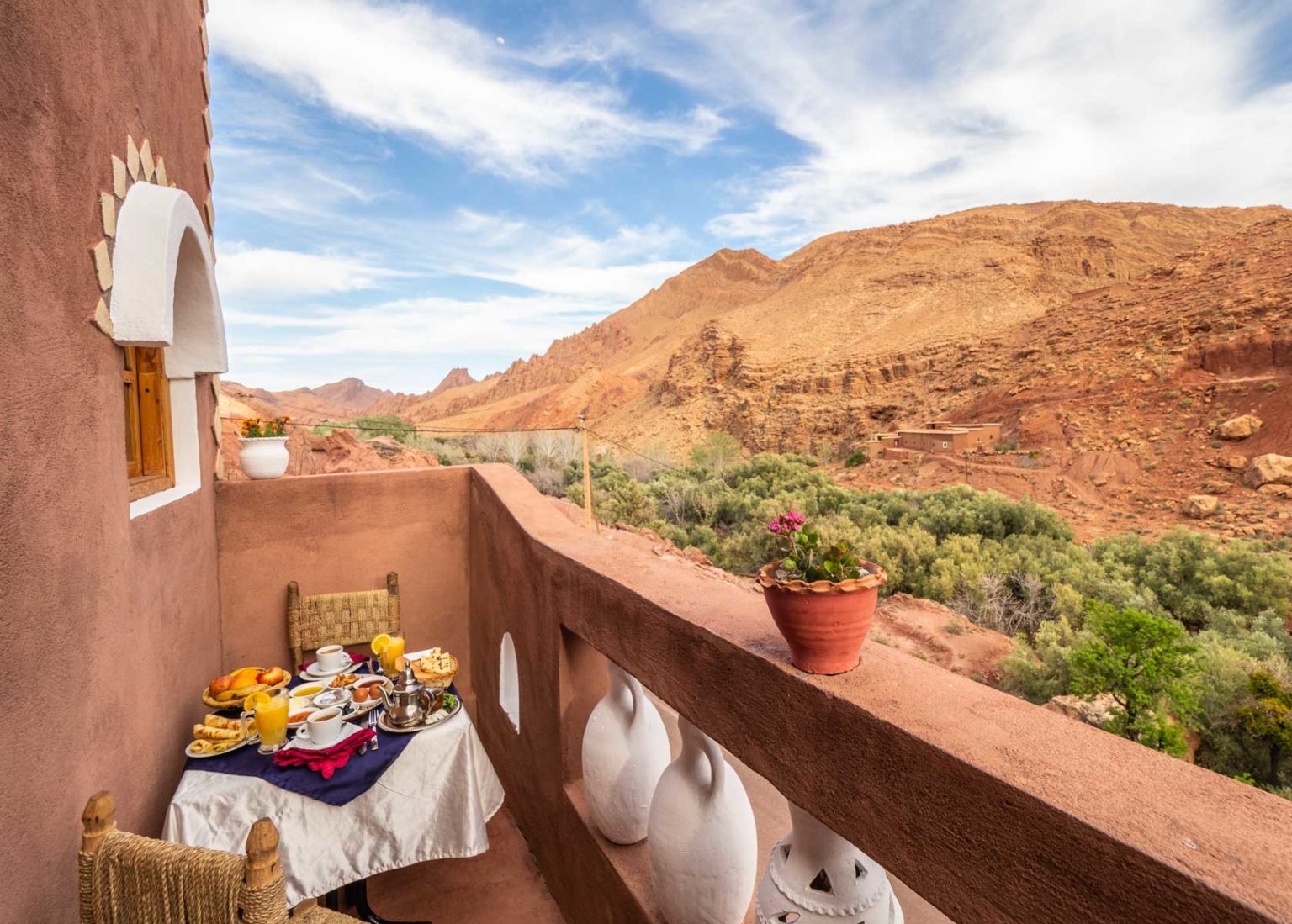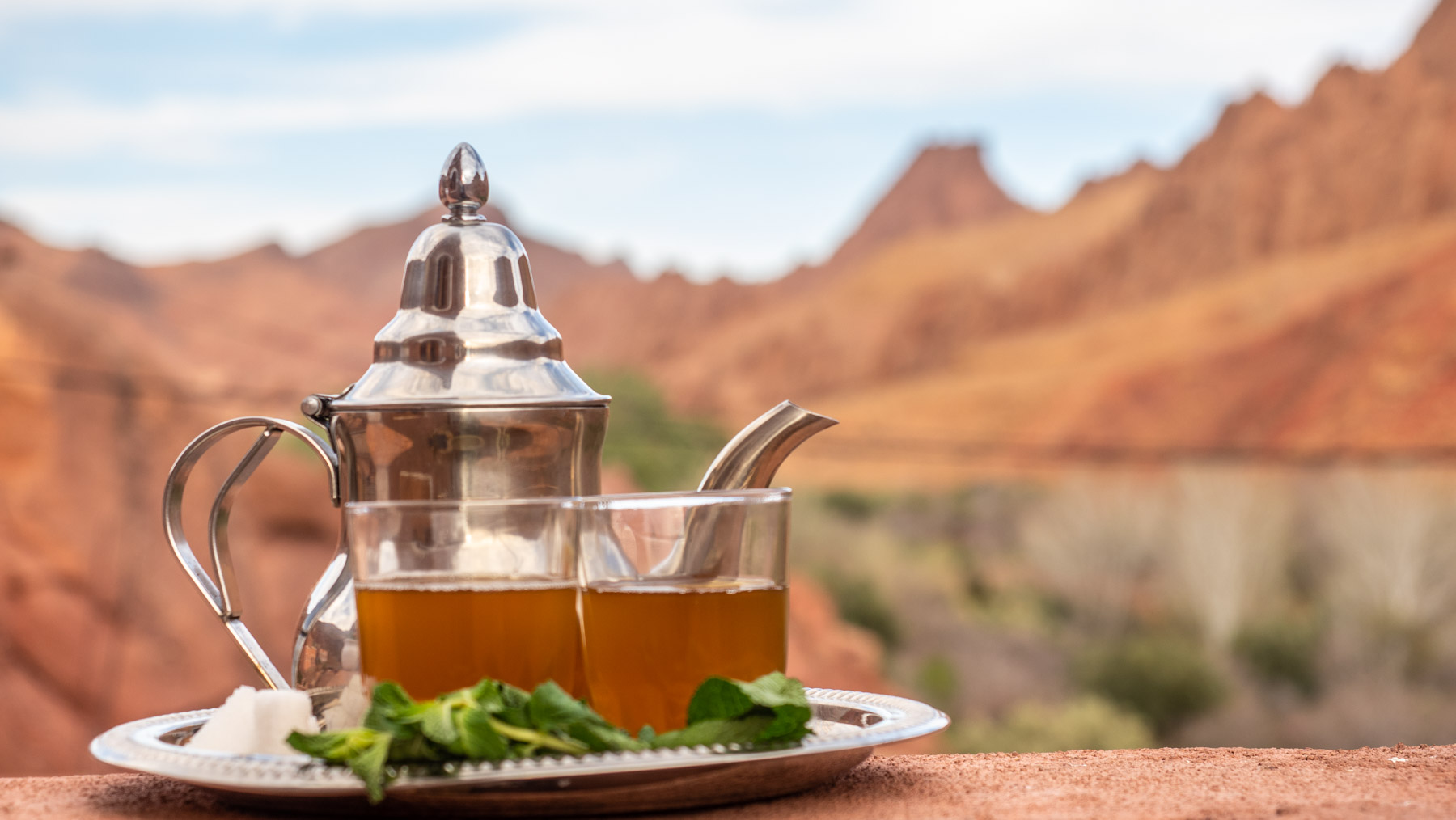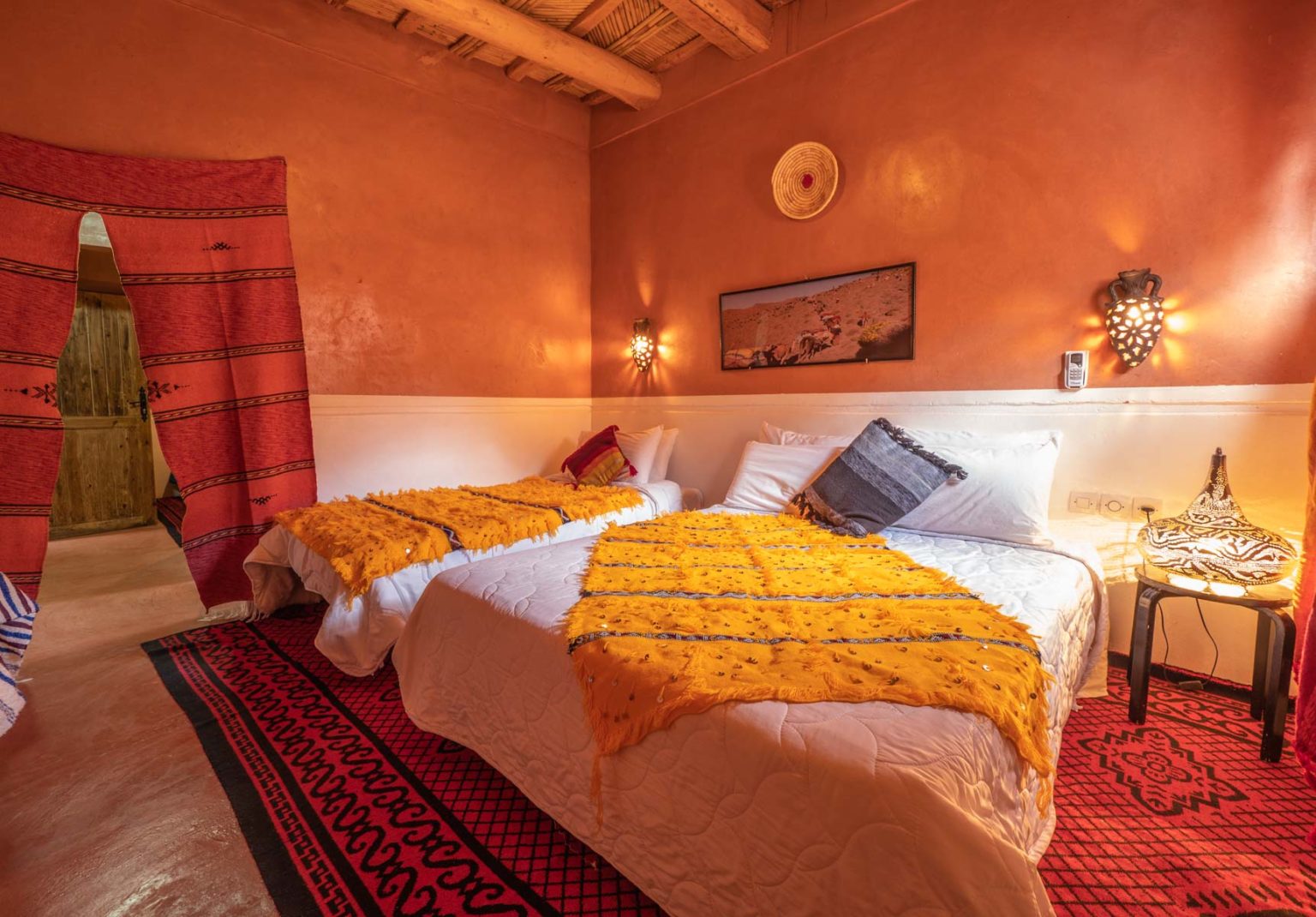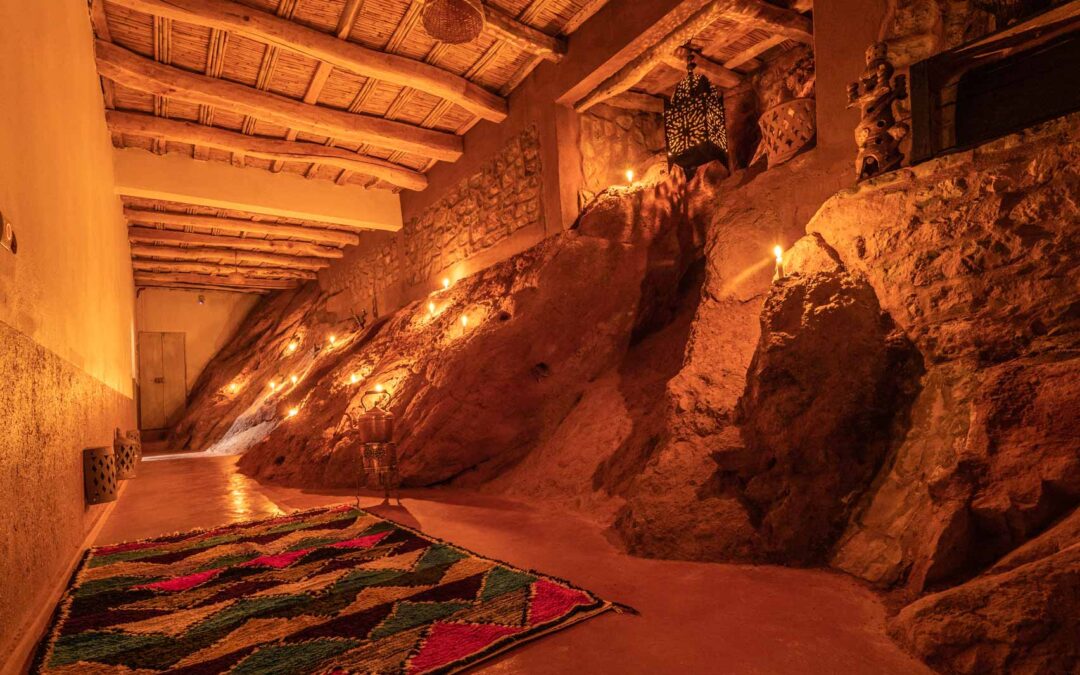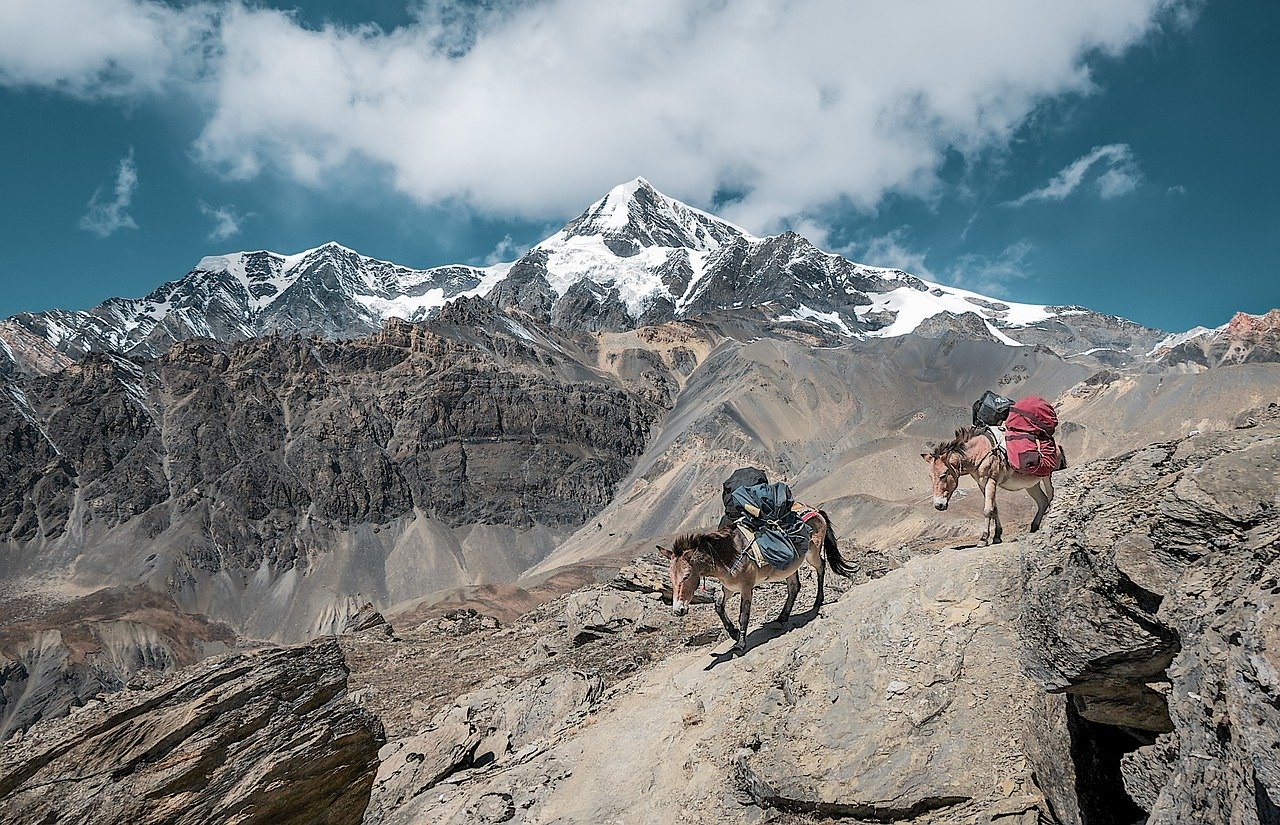
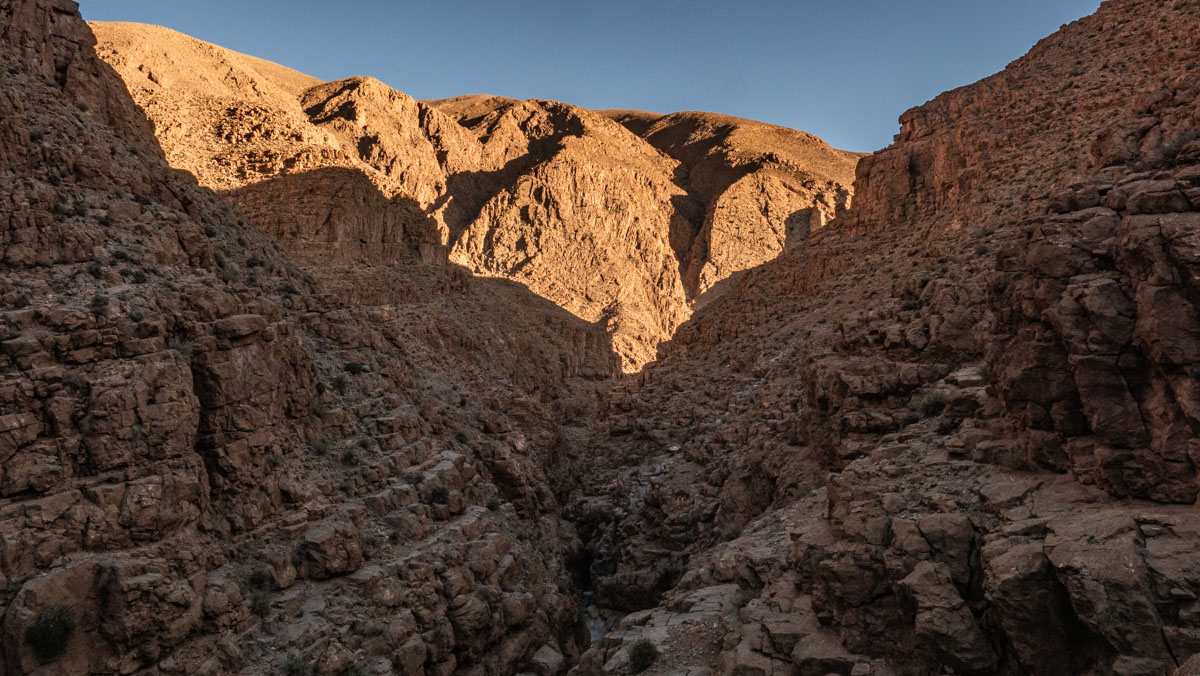
Traditional Berber Festivals and Celebrations
When exploring the rich cultural tapestry of Morocco, one cannot overlook the vibrant and colorful Traditional Berber Festivals and Celebrations that take place throughout the year. These festivals offer a unique insight into the traditions, customs, and heritage of the Berber people, who have inhabited the region for centuries.
The Imilchil Marriage Festival
One of the most famous Berber festivals is the Imilchil Marriage Festival, also known as the “September Romance.” This festival is a celebration of love and union, where Berber tribes gather to participate in traditional ceremonies and rituals that culminate in mass weddings. The festival is a testament to the strong sense of community and unity among the Berber people.
The Rose Festival in El Kelaa M’Gouna
Another highlight of Berber festivals is the Rose Festival in El Kelaa M’Gouna, a picturesque town known for its lush rose gardens. During this festival, locals and visitors come together to celebrate the blooming of the roses with music, dance, and parades. The air is filled with the sweet scent of roses, creating a magical atmosphere.
The Fantasia Festival
The Fantasia Festival is a thrilling display of horsemanship and traditional Berber warfare skills. Riders dressed in colorful attire perform synchronized maneuvers while firing muskets into the air, creating a spectacle that captivates audiences. The festival is a showcase of Berber equestrian traditions and martial prowess.
The Gnaoua World Music Festival
For music enthusiasts, the Gnaoua World Music Festival in Essaouira is a must-visit event. This festival brings together musicians from around the world to celebrate the rich musical heritage of the Gnaoua people. Visitors can enjoy performances ranging from traditional Gnaoua music to fusion collaborations with international artists.
The Date Festival in Erfoud
The Date Festival in Erfoud is a celebration of the harvest season, where locals showcase the region’s abundant date palms and their products. Visitors can taste a variety of date-based dishes, watch traditional dances, and participate in cultural activities that highlight the importance of dates in Berber cuisine and economy.
Auberge Atlas Dades: Your Gateway to Berber Culture
Located in the stunning Dades Valley, Auberge Atlas Dades offers a unique opportunity to immerse yourself in Berber culture and traditions. The cozy guesthouse provides a welcoming atmosphere where guests can experience authentic Berber hospitality, savor traditional cuisine, and participate in local festivities.
Whether you’re interested in exploring the historical sites of Morocco, embarking on a trek through the Atlas Mountains, or simply relaxing in a tranquil setting, Auberge Atlas Dades serves as the perfect base for your Berber adventure. The knowledgeable staff can guide you through the intricacies of Berber festivals and celebrations, ensuring you have a memorable and enriching experience.
By staying at Auberge Atlas Dades, you not only support sustainable tourism initiatives but also contribute to the preservation of Berber heritage and culture. The guesthouse’s commitment to responsible travel practices aligns with the ethos of promoting cultural exchange and fostering mutual understanding between travelers and local communities.
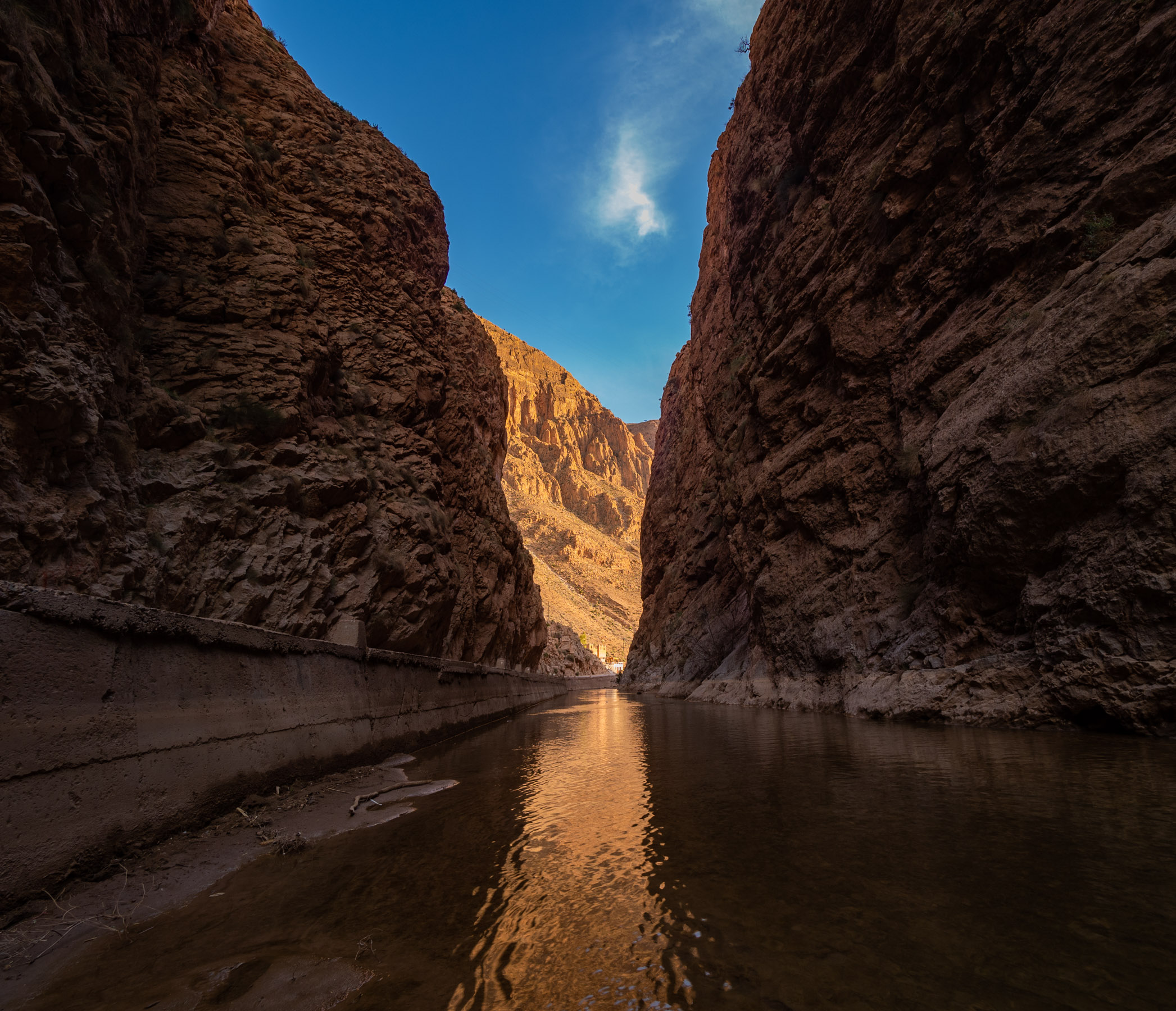
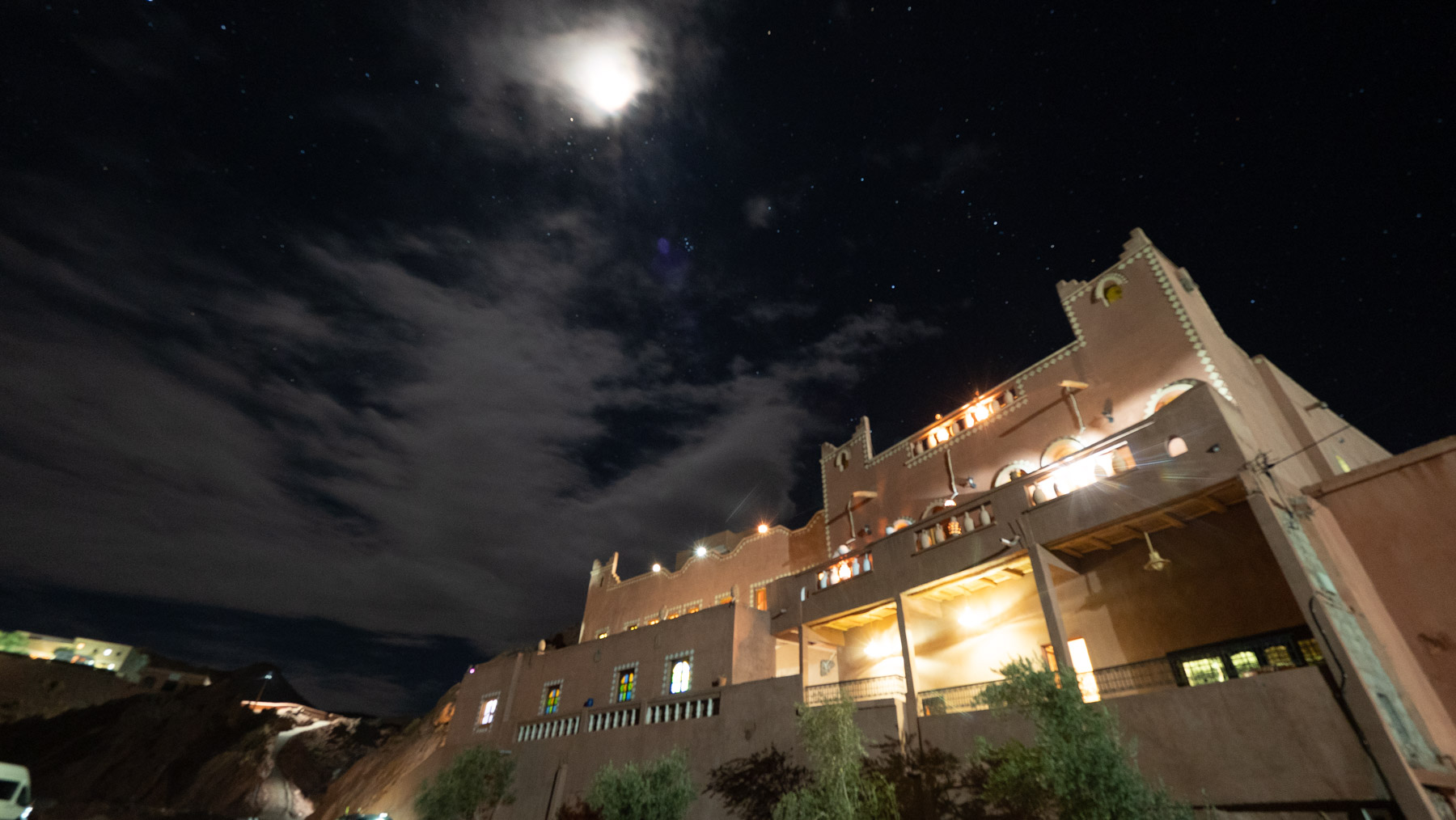
Tips for Exploring Traditional Berber Festivals and Celebrations
When it comes to experiencing the rich cultural heritage of Morocco, attending Traditional Berber Festivals and Celebrations is a must. These vibrant events offer a unique insight into the traditions and customs of the Berber people, providing visitors with an unforgettable experience. If you’re planning to immerse yourself in these colorful celebrations, here are some tips to help you make the most of your experience:
Research Before You Go
Before embarking on your journey to Morocco, take the time to research the different Berber festivals and celebrations that take place throughout the year. Each event has its own unique customs, rituals, and significance, so having a basic understanding of what to expect will enhance your overall experience.
Respect Local Customs
When attending Traditional Berber Festivals and Celebrations, it’s important to respect the local customs and traditions. Be mindful of cultural sensitivities, dress modestly, and always ask for permission before taking photographs. By showing respect for the customs of the Berber people, you’ll be welcomed warmly into their community.
Interact with Locals
One of the best ways to fully immerse yourself in the festivities is to interact with the local Berber people. Strike up conversations, participate in traditional dances or games, and sample the delicious local cuisine. By engaging with the locals, you’ll gain a deeper understanding of their way of life and create lasting memories.
Stay Flexible
Traditional Berber Festivals and Celebrations are often lively and unpredictable events, so it’s important to stay flexible and go with the flow. Embrace the spontaneity of the celebrations, be open to new experiences, and don’t be afraid to step out of your comfort zone. You never know what amazing discoveries await!
Learn Some Basic Phrases
While many Berber people in Morocco speak Arabic or French, knowing a few basic Berber phrases can go a long way in enhancing your cultural experience. Simple greetings, expressions of gratitude, and compliments in the local language will be greatly appreciated by the locals and help you connect on a deeper level.
Immerse Yourself in the Festivities
Don’t be a passive observer – immerse yourself fully in the Traditional Berber Festivals and Celebrations. Dance to the rhythmic beats of traditional music, join in on the colorful parades, and participate in age-old rituals. By actively engaging with the festivities, you’ll create unforgettable memories and forge meaningful connections.
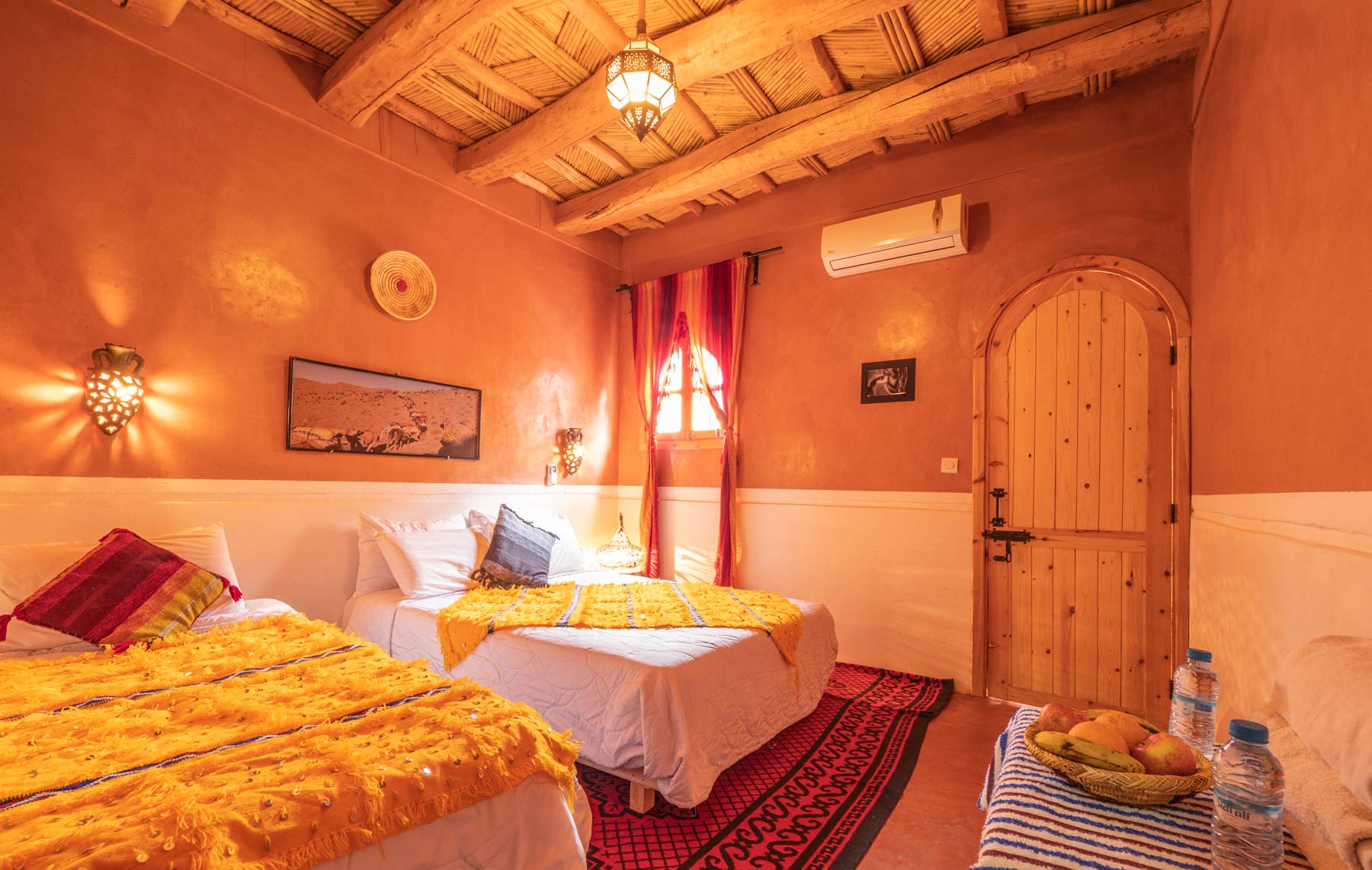
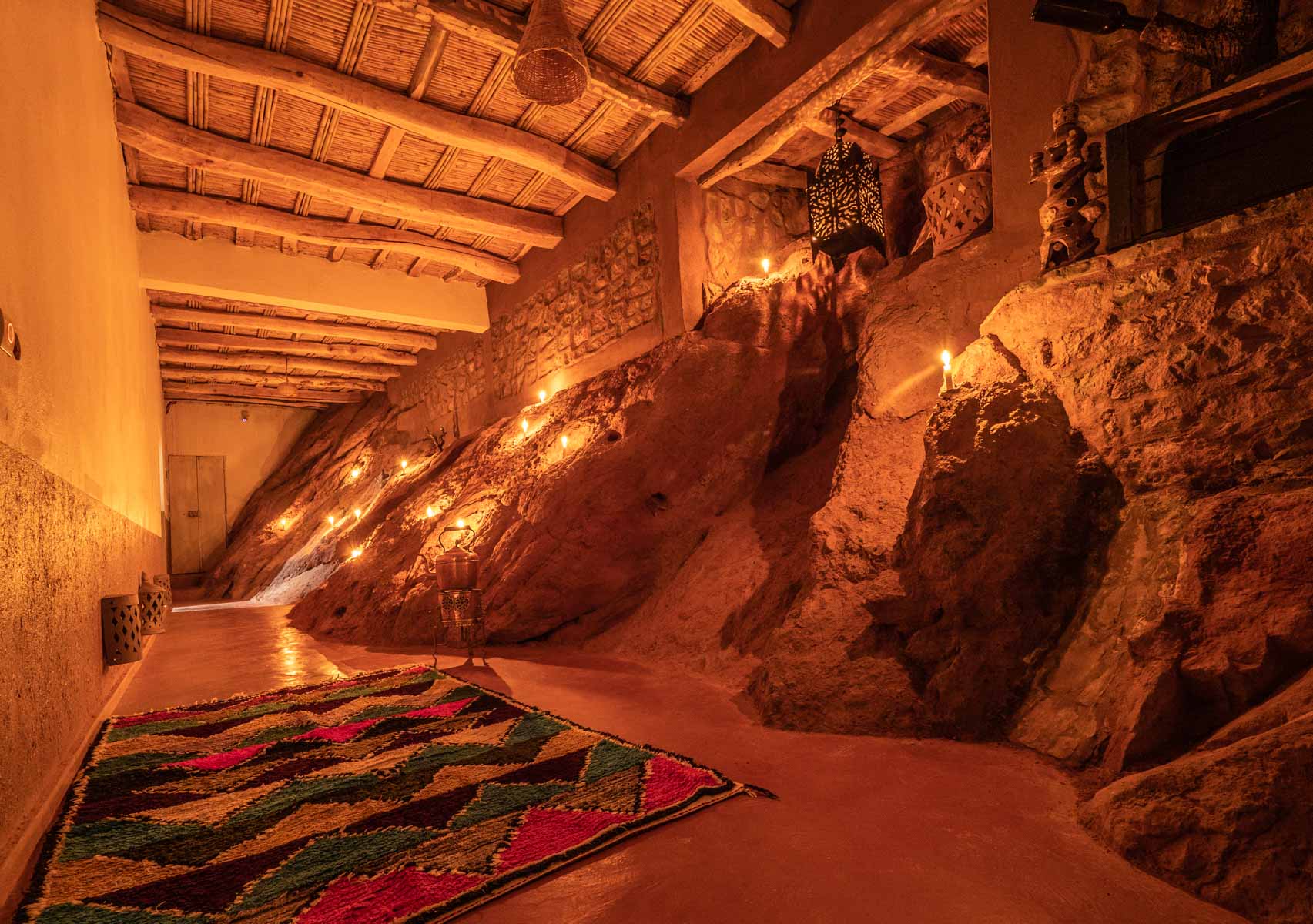
Exploring Traditional Berber Festivals and Celebrations in Morocco
When it comes to immersing oneself in the vibrant culture of Morocco, exploring the Traditional Berber Festivals and Celebrations is an experience not to be missed. The Berber people, indigenous to North Africa, have a rich heritage that is beautifully showcased in their traditional festivals and celebrations.
Discover the Essence of Berber Culture
For travelers seeking a deeper understanding of Morocco’s cultural tapestry, attending Berber festivals provides a unique opportunity to witness age-old traditions come to life. These festivals are often marked by colorful parades, lively music and dance performances, and traditional culinary delights.
One of the most renowned Berber festivals is the Imilchil Marriage Festival, where several Berber tribes come together to celebrate love and unity. This festival is a fascinating display of Berber customs and rituals surrounding marriage, offering visitors a glimpse into the community’s values and traditions.
Immerse Yourself in the Festive Spirit
During these festivals, visitors can engage with locals, participate in traditional activities, and witness performances that have been passed down through generations. The Gnaoua World Music Festival in Essaouira is a prime example of a festival that blends Berber musical influences with contemporary sounds, creating a vibrant and dynamic atmosphere.
Another highlight is the Tan-Tan Moussem, a traditional gathering that celebrates the nomadic heritage of the Berber people. This festival features camel races, folk music, and storytelling sessions that offer a glimpse into the nomadic way of life in Morocco.
Preserving Cultural Heritage
Participating in Berber festivals not only allows travelers to witness the beauty of Morocco’s cultural heritage but also contributes to the preservation of these traditions for future generations. By supporting local artisans, musicians, and performers, visitors play a vital role in sustaining the cultural legacy of the Berber people.
Whether you’re drawn to the rhythms of traditional Berber music or the intricate designs of Berber textiles, attending Berber festivals offers a rich and immersive cultural experience that will leave a lasting impression.

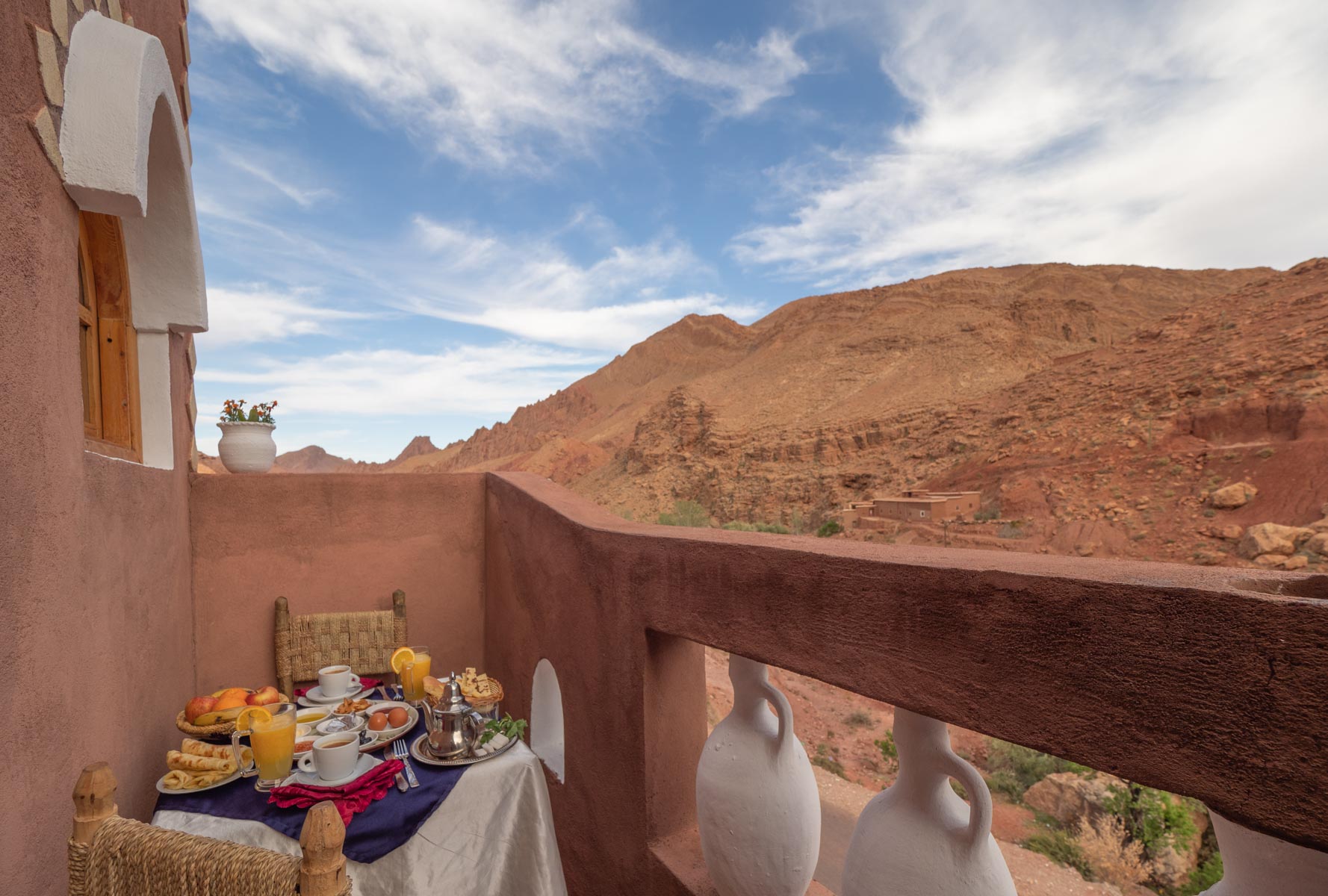
When planning a trip to experience the Traditional Berber Festivals and Celebrations in Morocco, there are several recommendations that can enhance your overall experience. These recommendations cover aspects to consider before, during, and after your journey to make the most of this cultural adventure.
Before the Trip:
Prior to embarking on your journey to Morocco, it is essential to research and familiarize yourself with the Berber culture and the significance of their festivals and celebrations. Understanding the customs and traditions will allow you to fully appreciate the experiences you will encounter.
Additionally, it is recommended to make accommodation arrangements in advance to ensure a comfortable stay during the festival period. One highly recommended option is Auberge Atlas Dades, known for its authentic Berber hospitality and convenient location in Morocco.
During the Trip:
While attending the Traditional Berber Festivals and Celebrations, immerse yourself in the vibrant atmosphere and engage with the local community. Participate in the traditional dances, music performances, and cultural activities to get a firsthand experience of Berber traditions.
Don’t forget to try the local cuisine, which is an integral part of the cultural celebration. Taste the delicious tagines, couscous, and mint tea to savor the flavors of Morocco.
After the Trip:
After returning from your journey, take the time to reflect on your experiences and memories from the Traditional Berber Festivals and Celebrations. Consider documenting your adventures through photos, journals, or videos to preserve the moments for years to come.
It is also recommended to share your travel experiences with others, whether through storytelling, social media posts, or travel blogs. By sharing your insights, you can inspire others to explore the rich cultural heritage of Morocco.
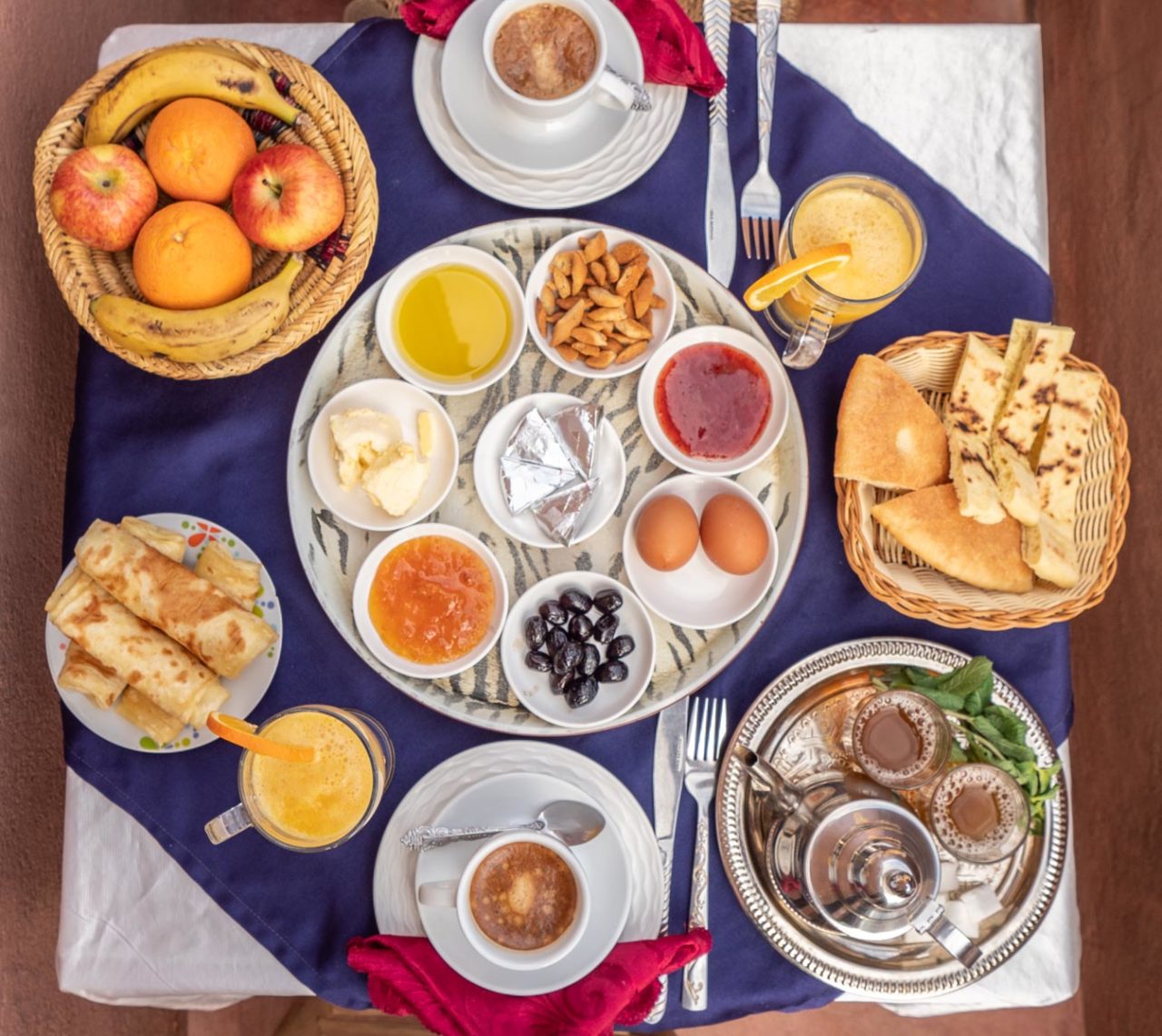


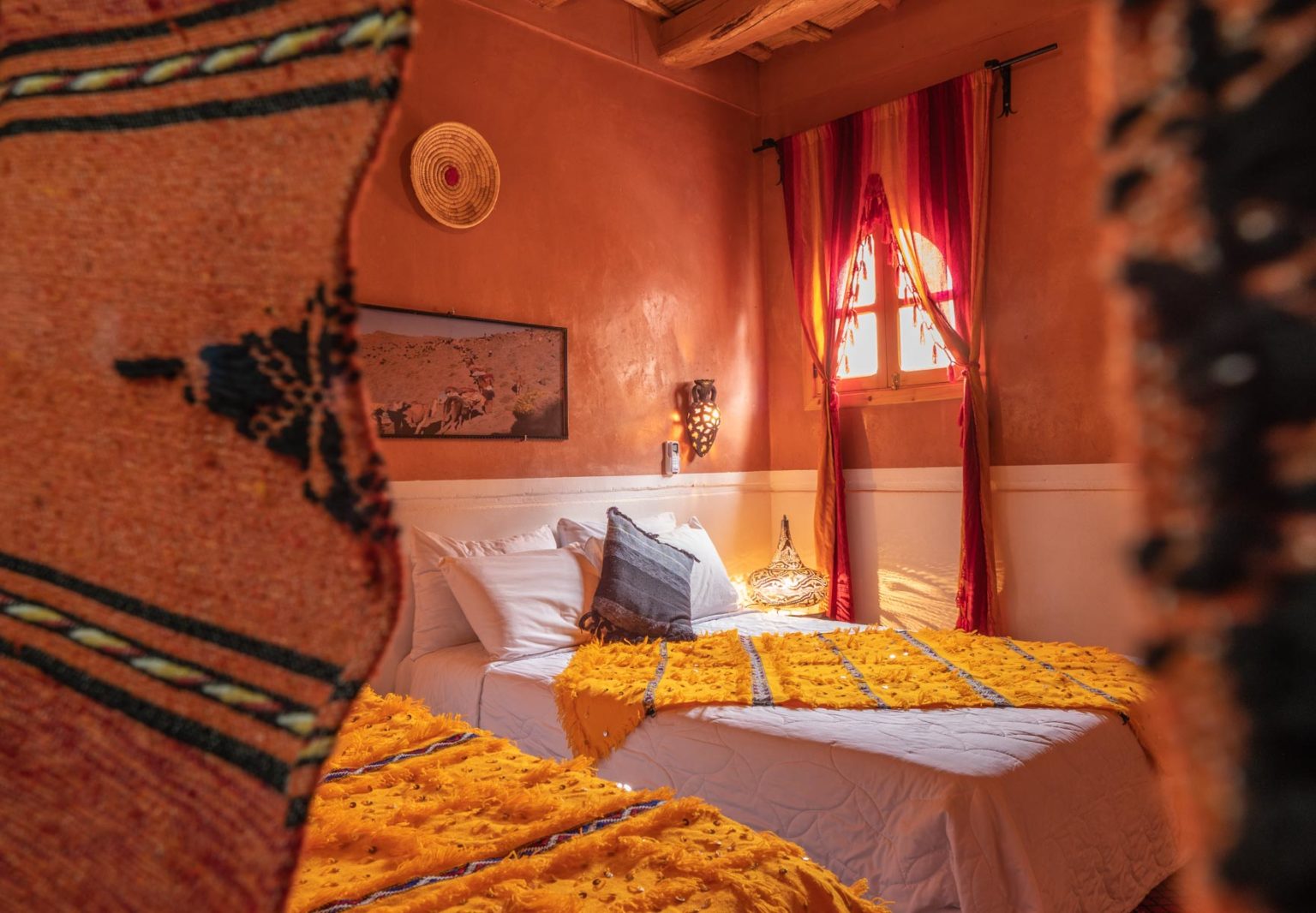
Frequently Asked Questions
1. What are Traditional Berber Festivals and Celebrations?
Traditional Berber Festivals and Celebrations are cultural events held by the Berber communities in Morocco to celebrate their heritage, traditions, and values through various activities, music, dance, and food.
2. When do these festivals take place?
Traditional Berber Festivals and Celebrations usually take place during specific times of the year, such as harvest seasons or religious holidays, depending on the region and community hosting the event.
3. What can visitors expect to see at these festivals?
Visitors can expect to see colorful parades, traditional Berber costumes, lively music performances, dance shows, local artisanal crafts, and delicious traditional dishes prepared for the occasion.
4. How can tourists participate in these celebrations?
Tourists can participate in Traditional Berber Festivals and Celebrations by joining the festivities, interacting with the locals, trying out traditional activities, tasting local cuisine, and even purchasing handmade crafts as souvenirs.
5. Are these festivals open to the public?
Yes, most Traditional Berber Festivals and Celebrations are open to the public, welcoming visitors from all over the world to experience and immerse themselves in the rich Berber culture and traditions.
6. What is the significance of these festivals to the Berber communities?
These festivals hold great significance to the Berber communities as they serve as a way to preserve and showcase their cultural heritage, pass down traditions to younger generations, and foster a sense of unity among community members.
7. How can visitors best prepare for attending these festivals?
Visitors can best prepare for attending Traditional Berber Festivals and Celebrations by researching the event beforehand, dressing appropriately in comfortable clothing, respecting local customs and traditions, and being open to learning and participating in the festivities.
8. Are there any specific etiquettes or customs to follow during these festivals?
It is advisable for visitors to show respect towards the local customs and traditions, seek permission before taking photographs, avoid disruptive behavior, and engage with the locals in a friendly and curious manner.
9. Can visitors learn more about the history and significance of these festivals?
Yes, visitors can learn more about the history and significance of Traditional Berber Festivals and Celebrations by attending cultural presentations, visiting local museums, interacting with knowledgeable locals, and participating in guided tours that focus on cultural heritage
